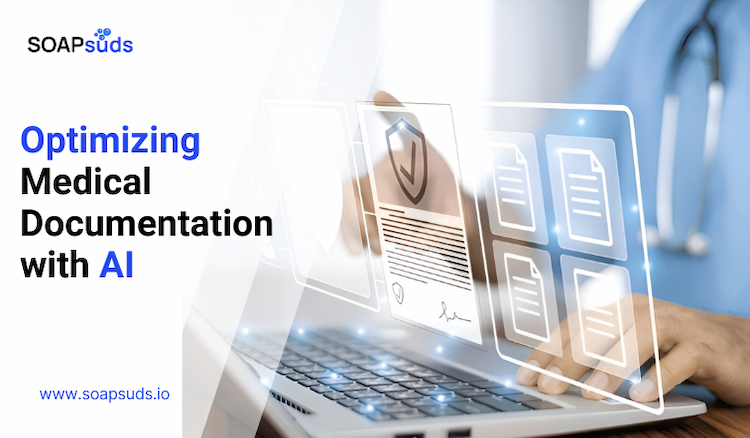Can AI Substitute Human Doctors?
SOAPsuds team
Published: 12/16/2024
SOAPsuds team
Published: 12/16/2024

Every year, millions of older adults experience falls that can lead to severe injuries

The U.S. healthcare industry, valued at $4 trillion in 2021, is projected to surpass...

Ambient artificial intelligence or Ambient Clinical Intelligence (ACI), often called ambient AI, is a type

As a hospice care provider, you hold both ethical and legal responsibility to protect

Visualization is a useful method for easing anxiety and can take various forms like calming

HIPAA-aligned AI note tools are changing how clinicians create documentation, allowing notes to be produced
Clinical Notes
SOAP notes
DAP notes
AI medical notes